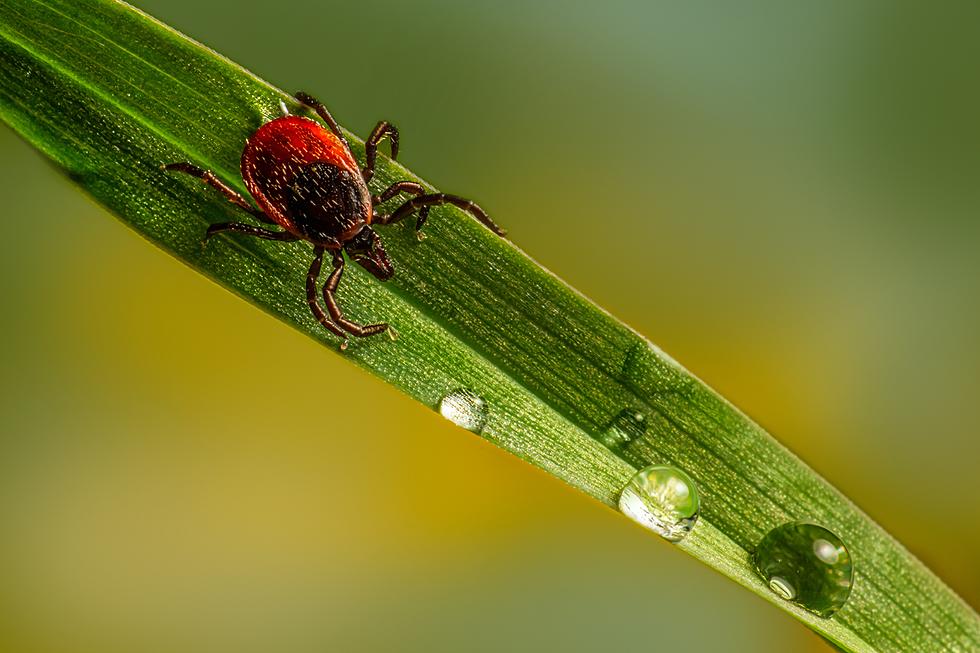
New Fear Unlocked: Scientists Say Ticks Like Those Found In Minnesota + Wisconsin Can ‘Fly’
Anyone in Minnesota or Wisconsin that enjoys some time outdoors probably has two or three things that detract from our otherwise awesome summers. That short list likely contains road construction, mosquitoes, and/or ticks. As it turns out, one of those summer menaces has a previously undiscovered ability that might give some people nightmares.
In a recent National Geographic piece, they spoke with researchers that found that while ticks can't jump, they are capable of "flying" short distances. Yes. Ticks - flying.
Now, before you go panicking ahead of your hike on the North Shore or wherever you might be going, it is worth noting that the researchers used the phrase "short distances".
In the study, researchers noted that ticks have a challenge in finding a host to feast on some blood. They state that many species are sedentary, just waiting on a blade of grass or a twig for an animal or person to walk by to jump aboard and find a place to bite.

Anyone that's ever seen a tick knows they don't exactly crawl very quickly, and they certainly don't have wings, so where does this "flying" thing come in?
The researchers in this study theorize that some varieties of ticks enjoy a boost from static electricity generated by animals or people moving through grass. As a person or creature makes its way through the grass, a small static charge can be generated, which can allow the ticks to hitch a ride on the static electricity in the air and "fly" short distances in what looks more like a magnetic pull than flying.
How far are we talking here?
Well, researchers saw regular instances of ticks "flying" several centimeters through the air when getting exposed to static electricity. Nothing even remotely like a mosquito, but enough of a boost to find its way off a leaf or blade of grass and onto a person or animal in a quick fashion.
MORE: Myth Or Fact: Ticks In Minnesota + Wisconsin Jump Or Fall Out Of Trees And Land On People
Here's a video showing the phenomenon in action.
The study used nymph ticks of a certain variety, but they theorize that this same phenomenon would work for adult ticks of a variety of breeds as well as other small things like lice and fleas. Yeah, gross.
Now, one thing to note is that researchers say they don't believe this is something ticks actively harness. Rather, they suggest it is just a convenient phenomenon that just occurs and happens to be beneficial. So while National Geographic used the phrase flying, maybe floating might be a better word.
Researchers say this may help in developing new ways to create repellant methods to protect against ticks, which can sometimes just be a gross nuisance, but can also spread diseases like Lyme and others.
MORE: A Rare Tick-Borne Disease Is On The Rise, Spread By Deer Ticks In Minnesota + Wisconsin




